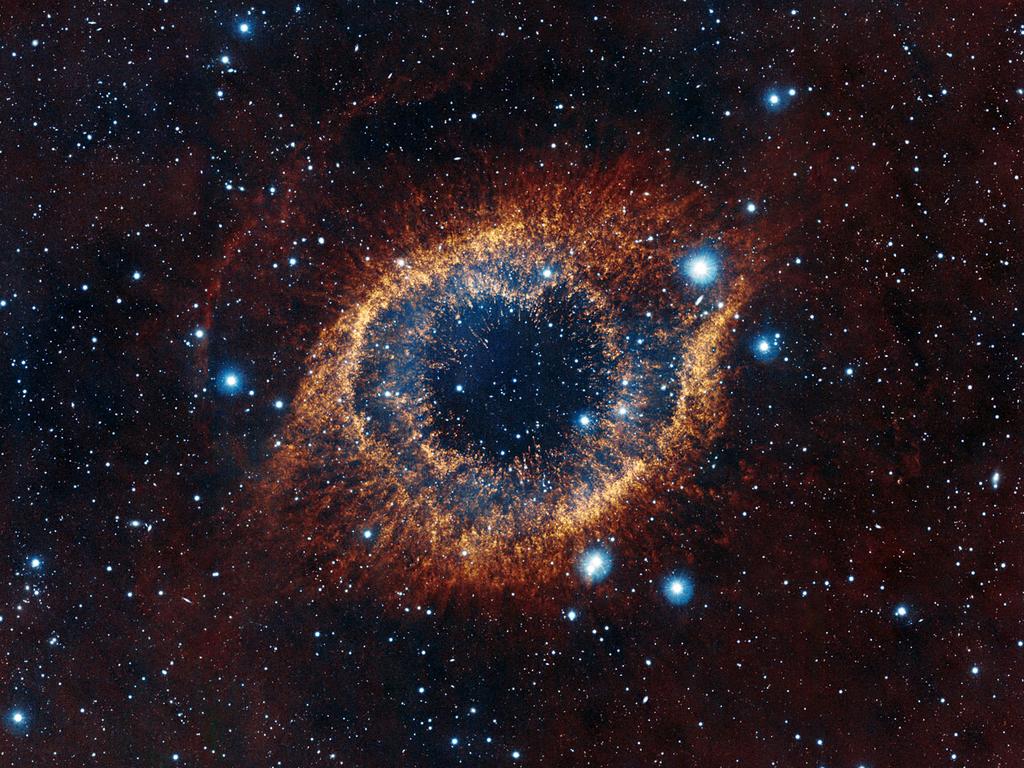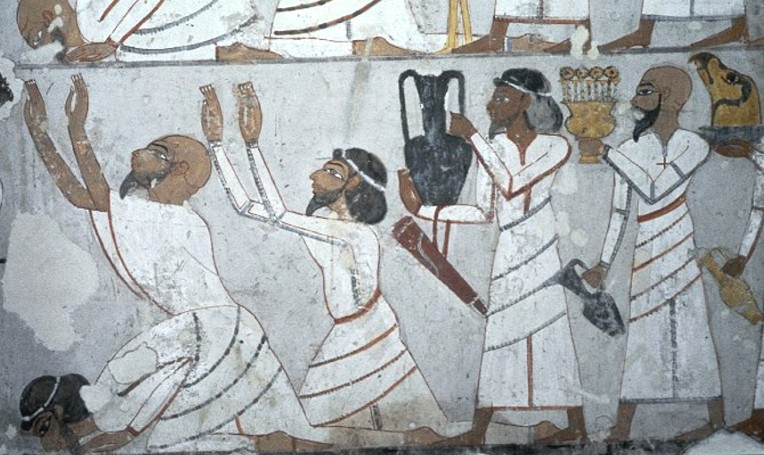I was praying about Neale Donald Walsch’s Conversations with God. Walsch quotes God as having told him, “You’ve the power and the ability right now to end world hunger this minute, to cure diseases this instant.”
Not right.
Walsch asks why God doesn’t put an end to suffering and reports being told, “I have put an end to it. You simply refuse to use the tools I have given you with which to realize that. You see, suffering has nothing to do with events, but with one’s reaction to them.”
No.
He asks, “why not eliminate the events?” and reports being told, “Unfortunately, I have no control over them.”
Overstated.
He reports God as explaining: “Events are occurrences in time and space which you produce out of choice—and I will never interfere with choices.”
Too simple.
According to Walsch’s report, “Some events you produce willfully, and some events you draw to you—more or less unconsciously. Some events—major natural disasters are among those you toss into this category—are written off to ‘fate.’ Yet even ‘fate’ can be an acronym for ‘from all thoughts everywhere.’ In other words, the consciousness of the planet.”
No.
I prayed about other things Walsch attributes to God. For example, “Thoughts are put into action. If enough people everywhere believe something must be done to help the environment, you will save the Earth.”
Yes.
And “So much damage (to the environment) has already been done, for so long. This will take a major attitudinal shift.”
No.
And “There is not one among you who has not made a headache disappear, or a visit to the dentist less painful, through your decision about it. A Master simply makes the same decision about larger things.”
Yes, sort of.
“Lord, you have corrected several of Walsch’s reports. Is this an example of how prayers and revelation generally can go wrong? Is that part of the lesson here?”
Yes, the listener always has concepts and beliefs through which the message must be funneled. Every revelation is limited in this way. That is one reason new revelations are always needed.
I didn’t pray about Walsch after that. Whatever God was or wasn’t doing with him was between him and God.







